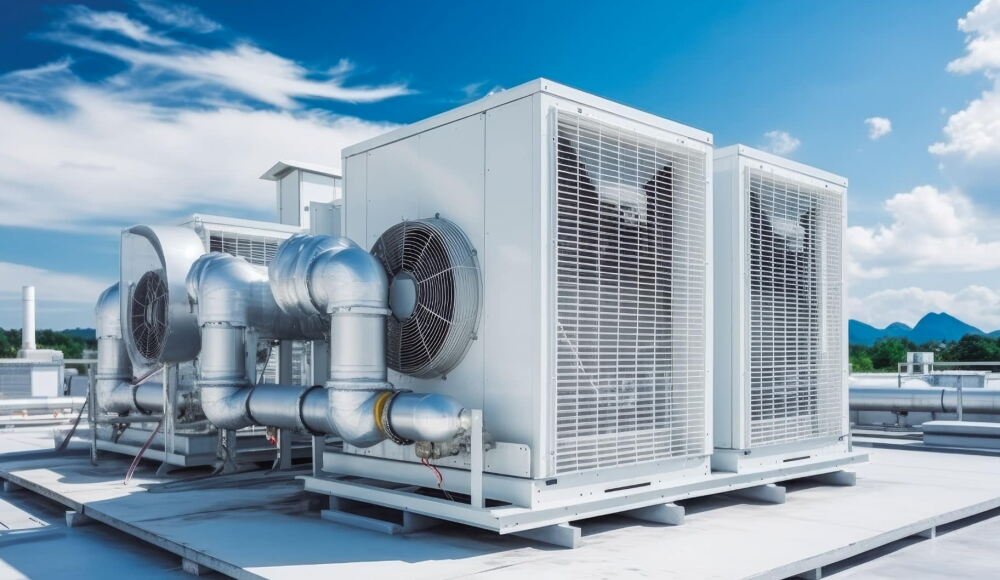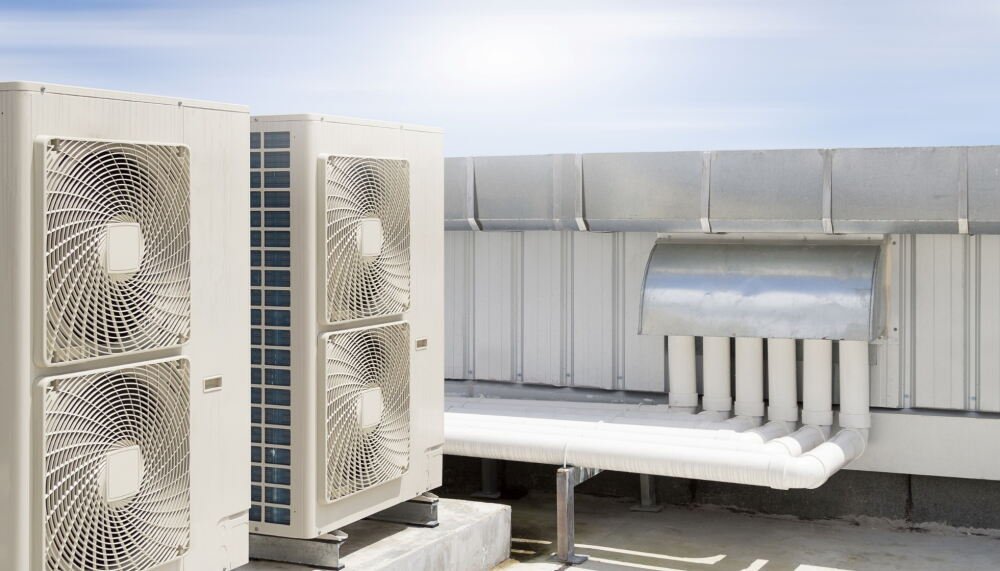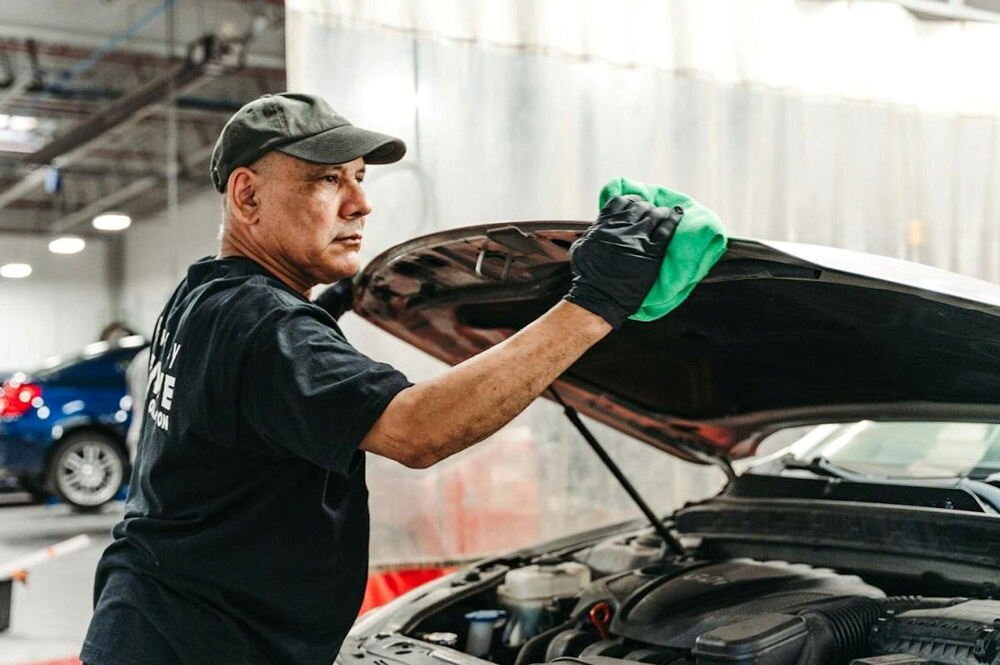Your refrigeration system needs maintenance to last and avoid costly repairs, but it may not always be on your mind. Preventative maintenance may greatly improve the life and efficiency of your refrigeration equipment. Whether for a commercial kitchen or a huge industrial freezer, refrigeration system maintenance is crucial. We’ll discuss practical methods, professional advice, and inventive ideas to keep your refrigeration system functioning well for years.
Understanding the Heart of Your Refrigeration System
A refrigeration system has numerous essential parts that keep things cold. Compressor, evaporator, condenser, and refrigerant are essential to cooling. The compressor circulates refrigerant, the evaporator absorbs heat, the condenser releases it, and the refrigerant transfers heat. Understanding these crucial components lets you recognise problems and save costly repairs. Only meticulous maintenance can ensure each item works flawlessly.
The Dangers of Neglecting Maintenance
When it comes to refrigeration systems, neglect is the enemy. The consequences of skipping regular maintenance can range from higher energy bills to total system failure. Refrigerant leaks can lead to inefficient cooling, forcing your system to work harder and consume more energy. Dirty coils can cause significant energy losses and strain the system, increasing wear and tear. A faulty compressor is even worse—it can result in a complete shutdown of your refrigeration unit. Early detection of these issues is crucial in avoiding expensive repairs and minimizing downtime, making preventative maintenance a non-negotiable aspect of keeping your refrigeration systems running at their best.
Recognizing the Early Signs of Trouble
While some issues might not be immediately obvious, there are telltale signs that your refrigeration system needs attention. Unusual noises such as clicking, hissing, or buzzing can signal mechanical malfunctions. If the temperature inside the unit fluctuates unexpectedly, you could be dealing with thermostat or refrigerant issues. Excessive ice buildup is another red flag—this often points to problems with door seals or airflow. Identifying these early signs is essential because ignoring them can lead to even bigger problems down the road. Energy inefficiency, spoiled inventory, and complete system breakdowns are just a few potential consequences.

Routine Tasks to Maintain Efficiency
Include various maintenance actions in your routine to keep your refrigeration system running well. Cleaning and checking evaporator and condenser coils is crucial. Dirt and debris can build up, making the system work harder. Coil cleaning improves heat transmission, reduces energy use, and extends system life. Checking door seals and gaskets is crucial. Cool air can escape via broken seals, requiring extra energy to maintain the right temperature.
Additionally, refrigerant levels must be monitored. Low refrigerant levels indicate a leak that must be addressed immediately to prevent system damage. Lubricating fans and motors is another important maintenance procedure. Lubricating these components lowers friction and wear, prolonging system performance. Finally, regulating your thermostat ensures your refrigerator system maintains the right temperature, preserving stored objects and optimising energy consumption.
The Importance of Seasonal Maintenance
Refrigeration systems are affected by the changing seasons, which is why it’s essential to adjust your maintenance routine accordingly. During the winter months, you may encounter frost buildup, which can impact the system’s efficiency. It’s important to inspect and clean condenser coils, check door seals, and ensure refrigerant levels are optimal for the colder weather. In the summer, when temperatures rise, your refrigeration system works harder, so checking refrigerant levels and cleaning condenser coils is particularly crucial. Seasonal adjustments to your maintenance routine help your system adapt to temperature changes, ensuring it performs efficiently year-round.
The Role of Professional Technicians
While many maintenance tasks can be handled in-house, there are times when a professional technician is needed. Certified experts can address more complex issues such as refrigerant leaks, electrical problems, and difficult repairs. Though hiring a professional may come at a cost, the long-term savings are significant. Proper maintenance by a professional can reduce energy usage, extend the life of your equipment, and prevent catastrophic breakdowns that could lead to costly replacements. The peace of mind that comes with professional servicing is invaluable, making it a worthwhile investment for any business that relies on refrigeration systems.
Best Practices for Longevity and Efficiency
Maintaining your refrigeration system and following energy saving best practices will extend its lifespan. Simple behaviours like closing refrigerator doors, organising inventory for ventilation, and not overcrowding the machine will boost system performance. Staff training on simple maintenance activities like testing door seals, cleaning coils, and spotting early warning indications can further extend system life. When everyone in the organisation knows appropriate maintenance, the system lasts longer.
Looking Ahead: Future-Proofing Your Refrigeration System
Technology is always evolving, and so is the world of refrigeration. Investing in smart technology can future-proof your system and improve efficiency. Smart refrigeration units come with features like real-time performance monitoring, automated alarms, and energy-saving modes, making it easier to anticipate maintenance needs before they become major problems. Upgrading older components, such as fans, compressors, and thermostats, ensures that your system complies with the latest energy standards and operates at its best. By embracing these innovations, businesses can enhance their refrigeration systems’ performance and extend their operational lifespan.
Frequently Asked Questions
Why is preventative maintenance important for refrigeration systems?
Preventative maintenance helps prevent costly repairs and extends the lifespan of your system. It ensures that the system runs efficiently and avoids major breakdowns.
How often should I clean the coils?
You should clean the coils at least once a month. Regular cleaning helps improve heat transfer and reduces energy consumption.
When should I call a professional technician?
You should call a professional if there are refrigerant leaks, electrical issues, or major mechanical problems. Certified technicians can handle complex repairs safely.
Can I perform all the maintenance tasks myself?
Many tasks, like cleaning coils and checking seals, can be done in-house. However, some tasks, like handling refrigerant, require professional assistance.
How do I know if my refrigeration system needs attention?
Signs include unusual noises, fluctuating temperatures, ice buildup, or energy inefficiency. Addressing these early can prevent further damage.












